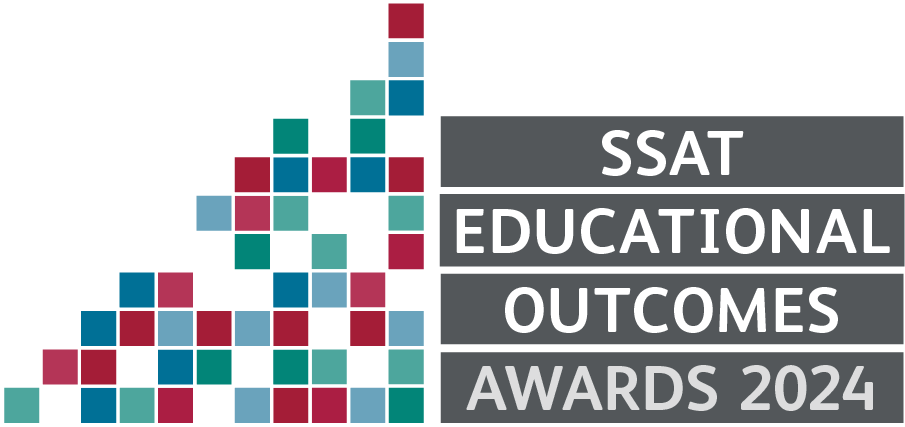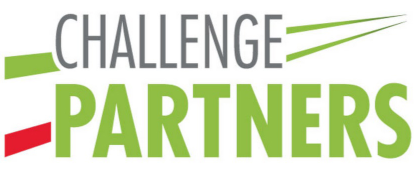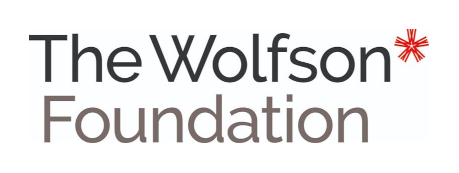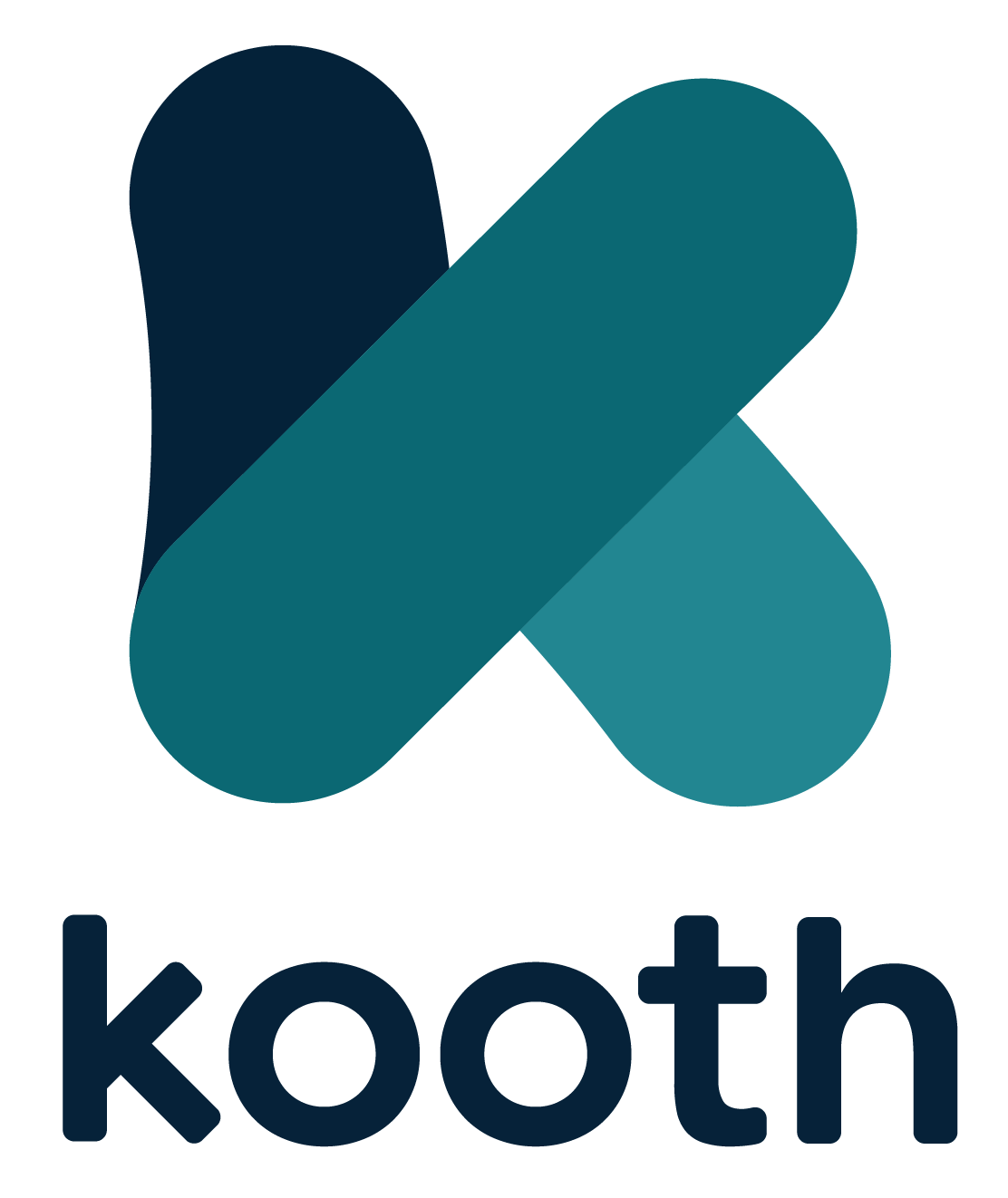Sociology
Why study Sociology?
The Sociology department’s purpose is to facilitate the appropriate knowledge and skills needed to develop pupils understanding of Societies around the world, enabling them to excel and thrive within their communities. An array of perspectives, political views, and policies are studied to enhance student’s abilities to analyse a variety of social issues and apply these into the different cross-sections of society. As a team, we endeavour to mould students to be willing to question their own assumptions, work independently and collaboratively, continuously striving to enhance their articulation and the logical reasoning that will invaluably aid them to be more empathetic and tolerant of the world around us.
The Programme of Study
Key Stage 3 (Year 9)
Introduction to Sociology
- Core Questions:
- Who benefits from the way society is set up?
- What is the best way of researching society?
- How is research used in topics like family, education, crime, and media?
- Key Concepts and Skills:
- Society, culture, norms, roles, social construction
- Feminism, patriarchy, polygamy, and new family forms
- Research methods: bias, hypothesis, interpretivism, ethnography, statistics
- Critical thinking and basic sociological analysis
Key Stage 4 (Years 10–11)
GCSE Sociology (AQA)
- Paper 1: The Sociology of the Family and Education (1:45h – 100 marks)
- Paper 2: Crime and Deviance and Social Stratification (1:45h – 100 marks)
- Topics:
- Family structures, gender roles, family diversity
- Education and achievement, class, gender and ethnicity
- Crime causes, deviance, social control, inequality
- Social stratification, power, and life chances
- Application of sociological methods
Key Stage 5 (Years 12–13)
A Level Sociology (AQA)
- Paper 1: Education with Theory and Methods in Context (2h – 80 marks)
- Paper 2: Topics in Sociology (options: Families and Households, Beliefs OR Media) (2h – 80 marks)
- Paper 3: Crime and Deviance with Theory and Methods (2h – 80 marks)
- Core Themes:
- Sociological perspectives (Marxism, Functionalism, Feminism, etc.)
- The role and impact of education
- Media influence or family structures (depending on optional topic)
- Crime, deviance, social control, and inequality
- Research methods and theoretical frameworks
Useful Resources
KS4
Textbook: AQA GCSE (9-1) Sociology, Updated Edition: Amazon.co.uk: Bown, David: 9781510470286: Books
Topic Recap Revision Activities for GCSE Sociology | Sociology | tutor2u
KS5
Supporting Knowledge with Tutor2u: Sociology | Sociology | tutor2u
Homework
At KS3/4 homework is centred on exploring the subject, from reading contemporary news to looking at research done by Sociologists. The main bulk of tasks at Y10 and Y11 will be around exam practice and ensuring each of the skills needed for the essays and smaller mark questions are cemented.
At KS5 - The department values readiness for lessons, students have continuous HW focused around pre-reading and notes of the topics prior to learning the content in class, thus ensuring work ethic. Other HW will include exam questions such as essays or research around the topics within the subject.
Enrichment Opportunities
Old Bailey
Museum of London Docklands
Sugar and Slavery
The Suffragettes











